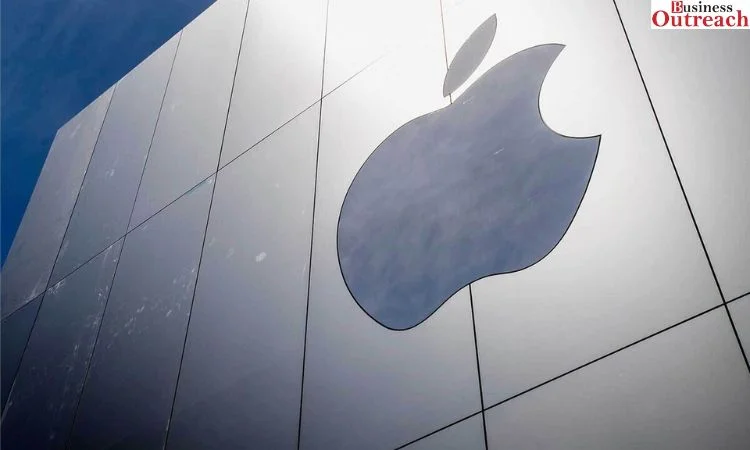While tech giants like Google, Microsoft and Meta are spending tens of billions on building massive data centers for Artificial Intelligence, Apple is charting its own course with a more capital efficient model. However, CEO Tim Cook insists the company remains deeply committed to AI and hopes to have “concrete details” to share soon on its plans.

As AI transforms the tech industry, controlling vast troves of user data and possessing the computational infrastructure to train complex machine learning models has become paramount. The big spenders see this as a “arms race” where only the companies with the largest data centers and most powerful supercomputers can remain competitive in the future of AI-driven technologies.
However, Apple has built its empire selling premium hardware like the iPhone that prioritizes user privacy over data collection. This strategy makes the “data center model” difficult, but Cook argues they have found alternate paths to stay in the AI game without compromising their principles.
For years now, analysts have questioned if Apple has a viable strategy as AI becomes the core of emerging technologies like augmented reality, virtual assistants, autonomous vehicles and more. But Cook maintains they have a “very bullish” view of opportunities in “generative AI” that could keep them at the cutting edge.
So what exactly is Apple‘s approach? While specifics are still unclear, some clues can be pieced together from their history and public statements.
Firstly, Apple relies more on on-device processing using their powerful custom silicon rather than cloud-based AI. This allows them to offer features like facial recognition unlocking, intelligent photo editing and translation functions without uploading user data.
Secondly, they are investing heavily in algorithm research focused on domains like natural language processing, computer vision and robotics. While the scale may be lower than rivals due to less data collection, quality research is still being conducted at their labs and university partnerships worldwide.
Thirdly, Apple’s massive cash reserves allow them flexibility to partner with other companies when needed. Reports suggest they are in talks with OpenAI to potentially integrate generative AI into products like the iPhone. Collaborations allow them to access cutting-edge AI without building everything in-house.
Fourthly, their focus on privacy means Apple can potentially get access to more user data than competitors. As privacy concerns rise, their user-first approach may position them well to gather on-device usage analytics from willing customers, gaining a competitive edge over time.
Fifthly, Apple is known for making large, strategic acquisitions of startups working on innovative AI technologies. Recent buys include AI assistant Anthropic, factory robotics company Rockley Group and speech recognition pioneer Voysis. These acqui-hires help expand their internal research pipeline.
In summary, while the likes of Google and Meta are waging an AI “arms race” that requires gargantuan data centers, Apple is pursuing a more sustainable path focusing on privacy, quality research partnerships and strategic investments. Only time will tell if their approach works, but Cook seems confident they have an AI story to tell that fits their brand ethos and business model. With billions to spend and a huge developer ecosystem backing them, counting Apple out of the AI race would be a mistake.















